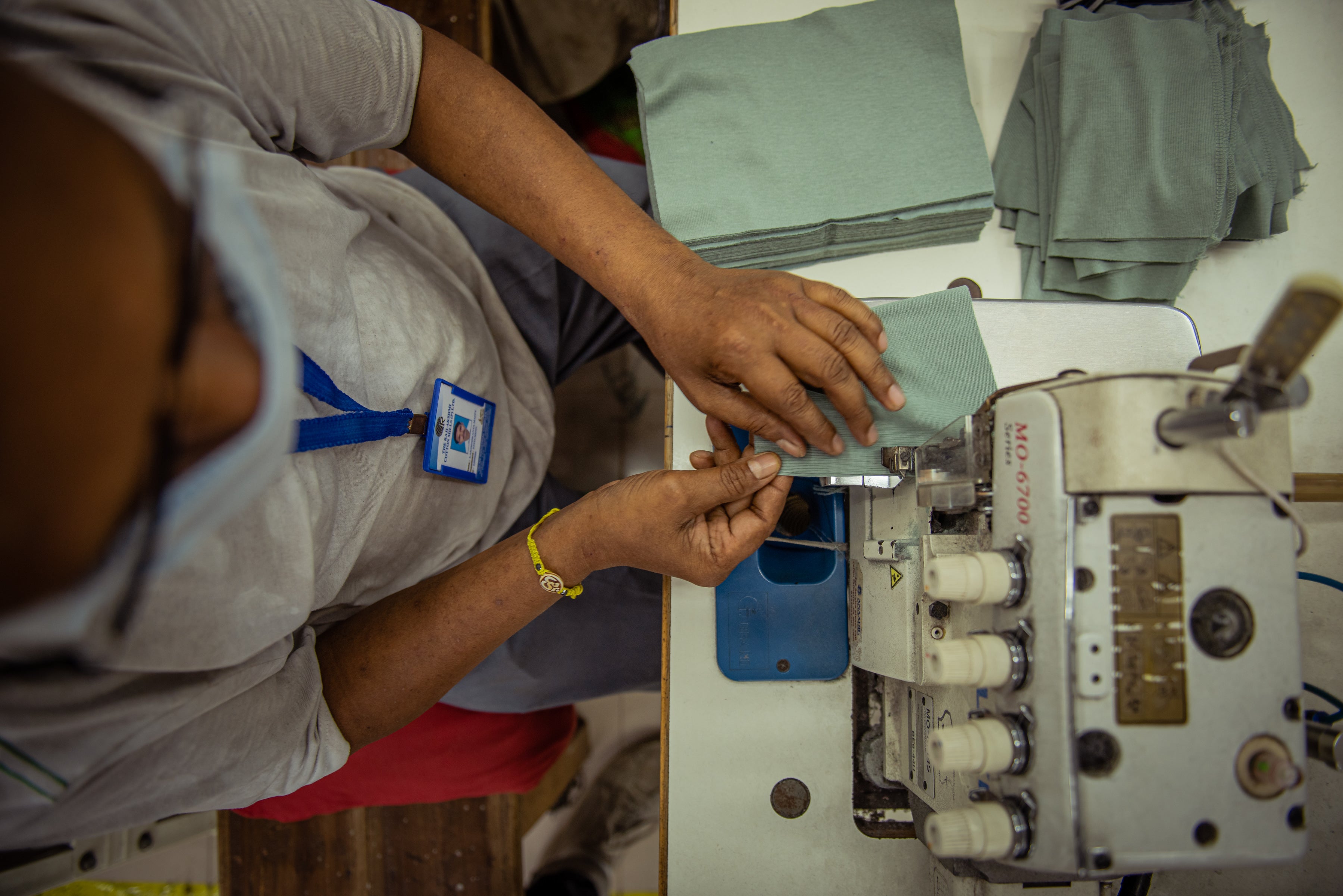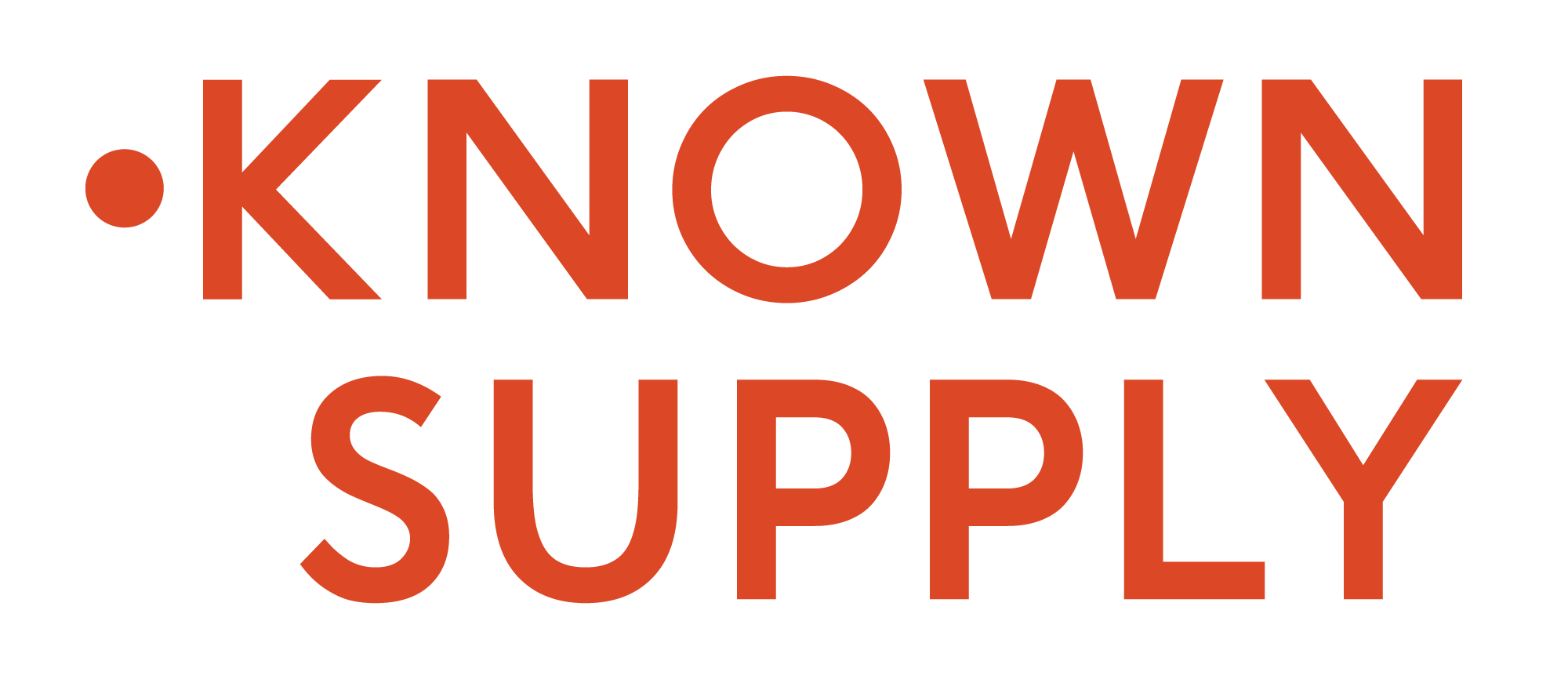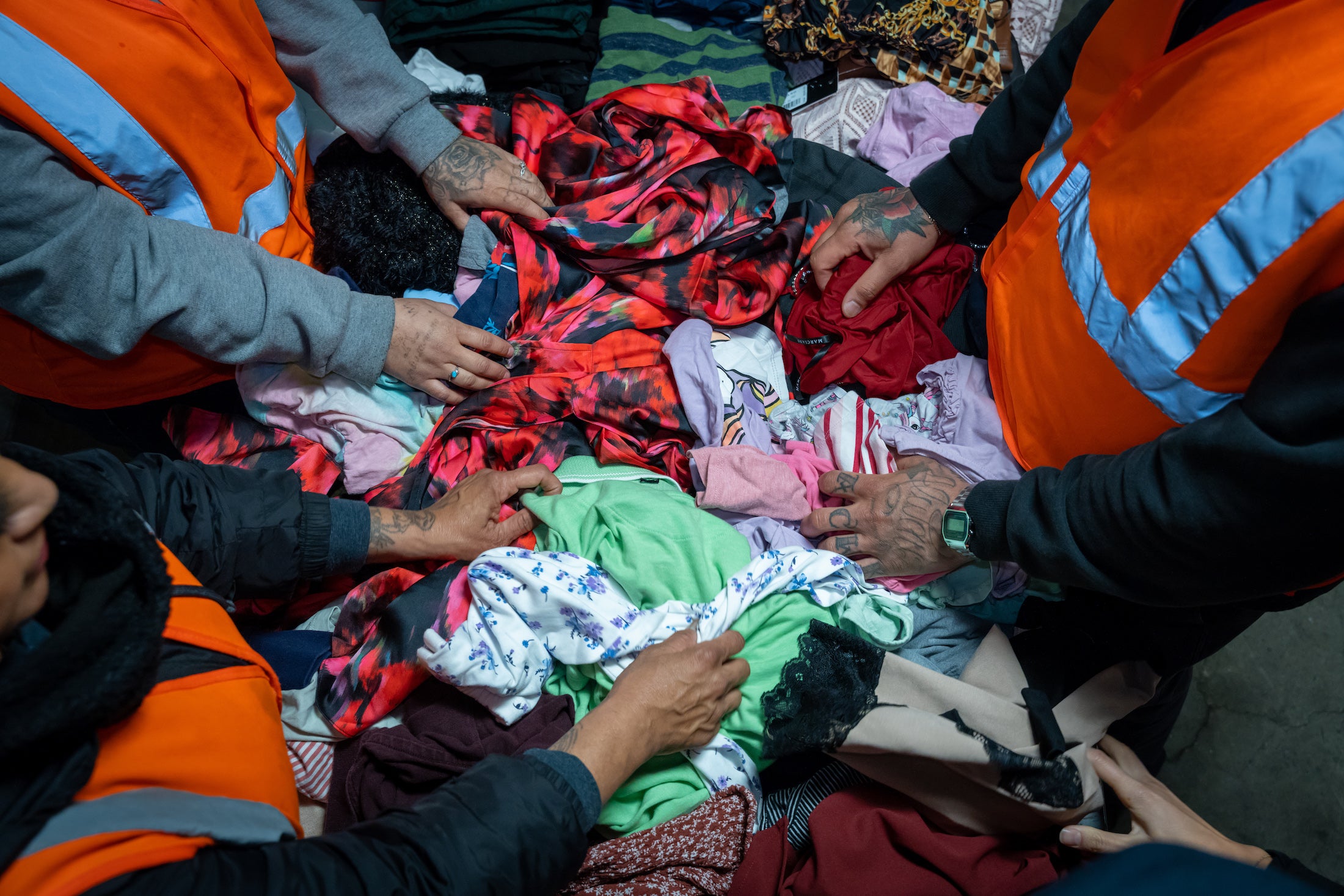
What Does Fair Trade Certified Actually Mean?
In an era of both incredible sustainability advancement and unprecedented levels of "greenwashing" it can be hard as shoppers to understand the importance of different certifications and their true meanings.
We can start by saying that certifications — that is third party groups (typically non-profits) that verify claims made by brands — are an important distinction that help brands go beyond simple catchphrases, but even then, not all certifications are created equal.
We are going to dive into one of our favorite certifications: Fair Trade Certified.
For the sake of this short article, we are going to break down the role of Fair Trade Certification into 2 main buckets: 1) What people think of when they think "fair trade" and 2) What people may not realize about the certification.

First, Fair Trade Certified is all the things you want it to be.
It encompasses fair wages for work (what most people think of), but goes far beyond simply this to include workplace safety, limits on hours worked, guaranteeing the payment of overtime wages, the right to collective bargaining, and more. The certification ensures a fair and safe working environment free from exploitation.
How is this ensured? At least annual factory visits and audits by non-profit Fair Trade USA and its counterparts, as well as a minimum of quarterly reporting from the producers. When things are found that fall out of line with the Fair Trade Standards, a corrective action plan is created and milestones are established to get back on track.
Second, and here is where the real magic of Fair Trade Certification happens...
Beyond being paid fair wages for completed work, there is a HUGE benefit and additional funds available in what's called the Community Development Fund. This fund receives money from brands that carry the Fair Trade Certification, and the decision for how the money is utilized rests on a democratically elected group of people from the workforce at each facility.
These funds are deployed multiple times throughout the year to help impact the communities in the most impactful ways they decide. Some examples of recent projects that have taken place this year with the Community Development Funds:
- Educational scholarships given to the children of garment workers (from primary to graduate levels of education)
- Induction stoves provided to workers in order to remove reliance on gas cooking appliances
- Based on survey results, employees could choose between a bicycle or a cooler to meet their most pressing needs
- Grocery coupons / credits were distributed to employees to help supplement basic needs
All in all, this is a window into the value of Fair Trade Certification and why you should feel great about each and every purchase you make with KNOWN SUPPLY. Your clothing purchases are enabling this cycle of empowerment.




